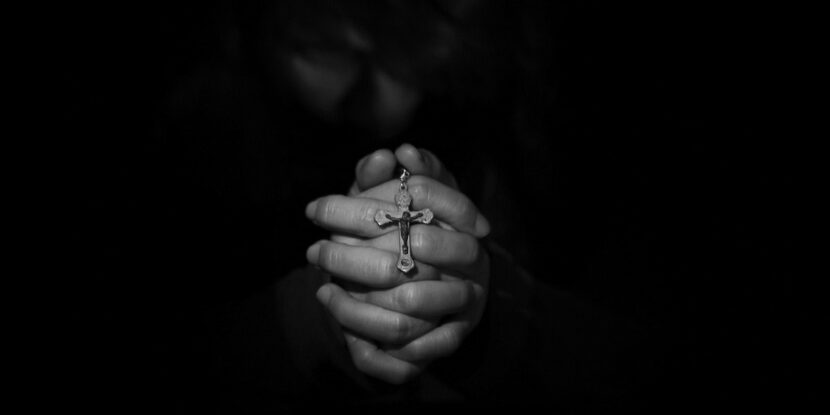A recent wave of revelations of crimes against children by Catholic clergy, most prominently ex-Cardinal Theodore McCarrick, has brought on a much needed national discussion of how to prevent child abuse by clergy and how to better screen candidates for the priesthood. In many cases, these revelations have pushed church institutions and governments to take praiseworthy measures to prevent future atrocities against children.
Unfortunately, however, some leaders have taken advantage of a steep decline in popularity of the Catholic Church, as well as public mistrust in its clergy, to forward anti-Catholic agendas. In early March for example, Senator and 2020 presidential candidate Kamala Harris (D-Calif.) and Senator Mazie Hirono (D-Hawaii) embarked on unusual and inflammatory lines of questioning against a Catholic nominee for judgeship in the District of Nebraska, implying that his membership in the Knights of Columbus, a pro-family, Catholic fraternal order, implicated him as an extremist unqualified to sit on a federal bench. Their questions were in obvious violation of the constitution’s Article VI prohibition of religious tests for federal nominees. Yet, no disciplinary action was taken by the Senate to warn or censure Harris and Hirono for this violation of their oath to the Constitution.
Fortunately, their actions were widely criticized and did not succeed in keeping a well-qualified jurist off the bench. Yet, in this political environment, other laws violating conscience rights and freedom of religious practice under the Constitution are still being pushed far too frequently by legislators who blatantly disregard the Supremacy Clause of the United States Constitution. Most recently in California, Senate Bill 360 was introduced to remove a long-time exemption from the reporting mandate for priests in the Catholic sacrament of penance.
While the bill confectsa legal term ‘penitential communications’ to subtly attempt to persecutereligious practice, the intent remains clear. Roman Catholicism is the onlymajor religion which practices a sealed, secret confession of sins. Moreover,the ‘seal of confession,’ which absolutely holds all confessors to silence inregard to crimes and sins revealed in the confessional, is unique to theCatholic Church. Catholic priests face the penalty of excommunication from thechurch when they divulge ‘penitent communications’ to anyone, even lawenforcement officials. In other words, SB 360 would force priests to choosebetween disobeying the Church or the State.
The bill has passed several readings in the State Senate’s appropriations committee, and is awaiting a committee vote. If the bill successfully passes the legislature, it will have to be signed by Governor Gavin Newsom to become law. Governor Newsom has had a historically tempestuous relationship with the Catholic Church, including cancellation of a trip to Rome over elevation of San Francisco’s former Archbishop to a significant Vatican post. It is also important to note that the bill’s main sponsor, State Senator Jerry Hill, has a consistent anti-family and anti-life voting record, having received 100 percent legislative ratings from Planned Parenthood of California every year that he has been in the Assembly, as well as from the LGBT group Equality California. The Catholic Church, clearly, is diametrically opposed to this agenda.
Ultimately, SB 360 represents a grave violation of federal supremacy and the basic constitutional rights of all Americans to practice their faith and abide by their conscience. While the bill’s stated purpose is to prevent sexual abuse of children, its true intent is clear: to specifically punish a religious institution that strongly opposes the pro-abortion agenda and the desire to drastically redefine the family, all under a thin veil of unobjectionable intent to protect innocents from abuse. For this reason, SB 360 presents an insidious and grave risk to the rights endowed to all persons by our Creator and to the Constitution which upholds and affirms those rights.


